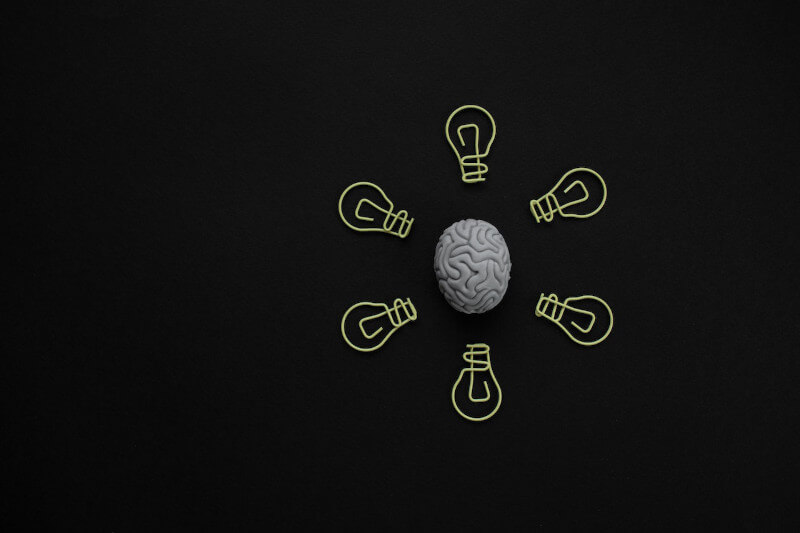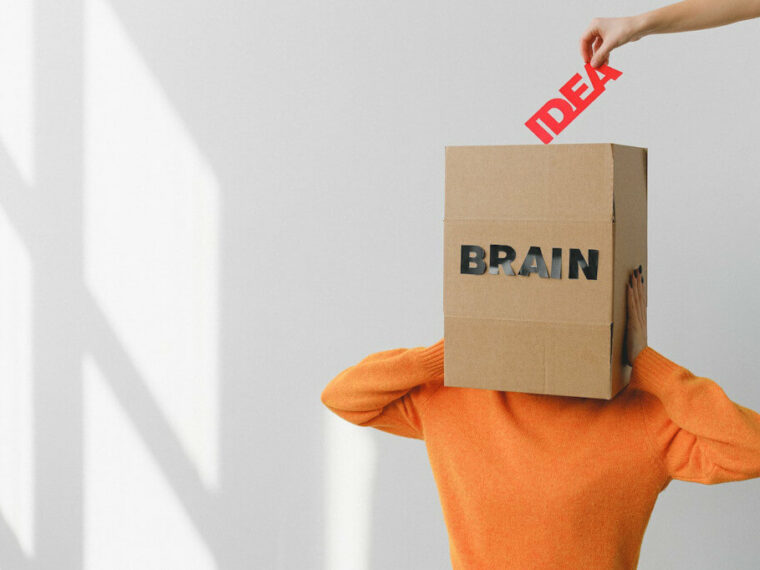According to studies, there is a connection between living a healthy lifestyle and having a healthy brain. By focusing on certain habits of your lifestyle, one can increase the likelihood of living a better and longer life, as well as lower the chance of developing chronic diseases and mental illnesses.
Exercising, getting enough healthy sleep, and maintaining a healthy diet are all components of this category of behaviors.
What we think, how we recall and learn things, how we move, and what we say are all under the influence of our brains. According to the National Institutes of Health, to put it more simply, it functions in the same way as a large computer. It goes on to say that “the brain can do far more than a computer can: people perceive and experience emotions with their mind, and it is the foundation of human intellect.”
Consequently, it is unquestionable that ensuring that one’s brain remains healthy throughout their lifetime is essential for both having good mental well-being and living a well-balanced life for a longer period of time. Studies have shown that your mental health has a high correlation with your brain’s health and that it has the ability to operate as a preventive factor in the development of neurological diseases like Alzheimer’s disease.
The Question Now is, How Can You Ensure That Your Brain Stays Healthy?
You may protect your brain from damage by engaging in mentally stimulating activities, providing it with an abundance of nutritious food, and minimizing exposure to risk factors. In other words, the decisions you make in your lifestyle can either promote or hinder the health of your brain.
According to professional psychologist Dr. Colinda Linde, who is also the chairwoman of the South African Depression and Anxiety Group (SADAG), there is a simple method to remember this.
“There is something called the SEEDS approach, and this specific model has been linked to active brain health. Therefore, not only does it guard you from feelings of worry and sadness, but also from conditions such as dementia, which is a major concern of mine “This month, Linde shared her thoughts on the topic of physical activity and mental health while speaking at a Discovery conference.
These Are the 5 SEEDS
Dr. John Arden, who is also the author of 15 books on neurobiology, psychotherapy, and mindfulness, is the one who came up with the term. He is the head of the mental health training programs at Kaiser Permanente in Northern California. In a chapter of his book titled “The Brain Bible,” Arden claims that several qualities that researchers have uncovered over the course of the previous 30 or 40 years are critical to both one’s happiness and health.
As the healthy behaviors for “living with greater pleasure, less depression, less anxiety, and less chance of getting dementia later in life,” as Arden stated in an interview with Good Therapy, he takes the most crucial five that have a strong collection of scientific studies endorsing them as the healthy behaviors for “living with a higher chance of developing dementia later in life.”
The Acronym SEEDS Was Created to Remember These Five Aspects of the Situation
Individuals will want to be around you, you are going to be sick less often, and you are going to get symptoms of dementia much later than some other people if you plant seeds now and continue to nurture them during your lifetime. “If you’re sowing SEEDS now, and you nurture them throughout your lifetime, the possibilities are you’re going to feel a whole lot better about yourself and everyone else around you.” The following are the five components that make up SEEDS:
S – The Connections to One’s Social Group

According to Arden, we have interpersonal neural circuits that need to be developed and nourished throughout our lifetimes. People who lack excellent quality interpersonal relationships tend to be sad, more nervous, get sick more often, and get indications of dementia much sooner than other people do.
E – Is For Exercise

Without consistent physical activity, the body and brain do not undergo the beneficial biochemical changes that result from exercise. According to Arden, this causes our minds to become cluttered and confused. On the contrary, a brief burst of exercise performed on a daily basis, even if it is only for thirty minutes per day, can lead to beneficial biological pathways that are beneficial to the brain. One of these processes is the formation of new neurons in the brain. Arden stated, “It is the greatest antidepressant that we have, and it is also the best anti-anxiety medication that we have.”
An investigation that was conducted in South Africa and released this month found that engaging in physical activity for as little as thirty minutes per day could reduce the risk of getting depression, particularly in women.
E – Is For Education

According to earlier writings by Matthew Solan, executive editor of Harvard Men’s Health Watch, maintaining a healthy brain requires “exercising” the brain by continuously exposing it to new information. Arden says that if we are not actively pursuing new educational opportunities on a consistent basis, we are not constructing a foundation of brain connectivity. “Your intellectual reserve later in life is measured by how rich your thoughts become, and the more connectedness you have, the more cognitive reserve you have. The more you educate yourself over the course of your life, the more your brain will develop “he added.
D – Is For diet

Your mental health will suffer if you consume an unhealthy diet that is high in carbohydrates and saturated fats. This is because the food you consume affects neurons, which are the primary cells in the brain.
Arden elaborated as follows: “The meals that we consume, or choose not to consume, affect the neurochemicals that are produced by our body If you want to deprive your brain of these chemicals, you can have a poor diet, miss breakfast, eat simple carbs, fast foods or whatever—but you will end up deeming your brain incapable of learning and unable to experience a positive mindset. Every one of these neurotransmitters has a precursor amino acid. Therefore, food is of the utmost importance.”
S – Is For Sleep

Persistent sleep deprivation is detrimental to the health of your brain, while sleep is regenerative. A lack of good sleep can be detrimental to a person’s physical and mental health, as well as increase the likelihood that they will develop disorders in later life. This has been demonstrated time and time again by neuroscientists.
According to Arden, “maintaining cleanliness and having decent sleep practices is essential for mental health and for not experiencing the early onset dementia later on, but most pertinently for not having excessive anxiety the next day or overwhelming depression.”
The Most Crucial Out of the Five
According to Arden, these SEEDS variables have the potential to be “brain-damaging” if they are not followed. Even though these five changes to one’s lifestyle are beneficial to one’s mental health as well as the brain itself, Dr. Linde highlighted the need of paying particular attention to the sixth change in behavior.
He added that there is one that stands out from the rest and that one is exercising. “It is well and truly above the others.” “Not only does physical activity facilitate neuroplasticity more than any other factor – and as you age, you require more of it – but it also assists the actual organ in question. Keep this in mind because it is really important and will truly help safeguard your brain.”
Source: goodtherapy.org





